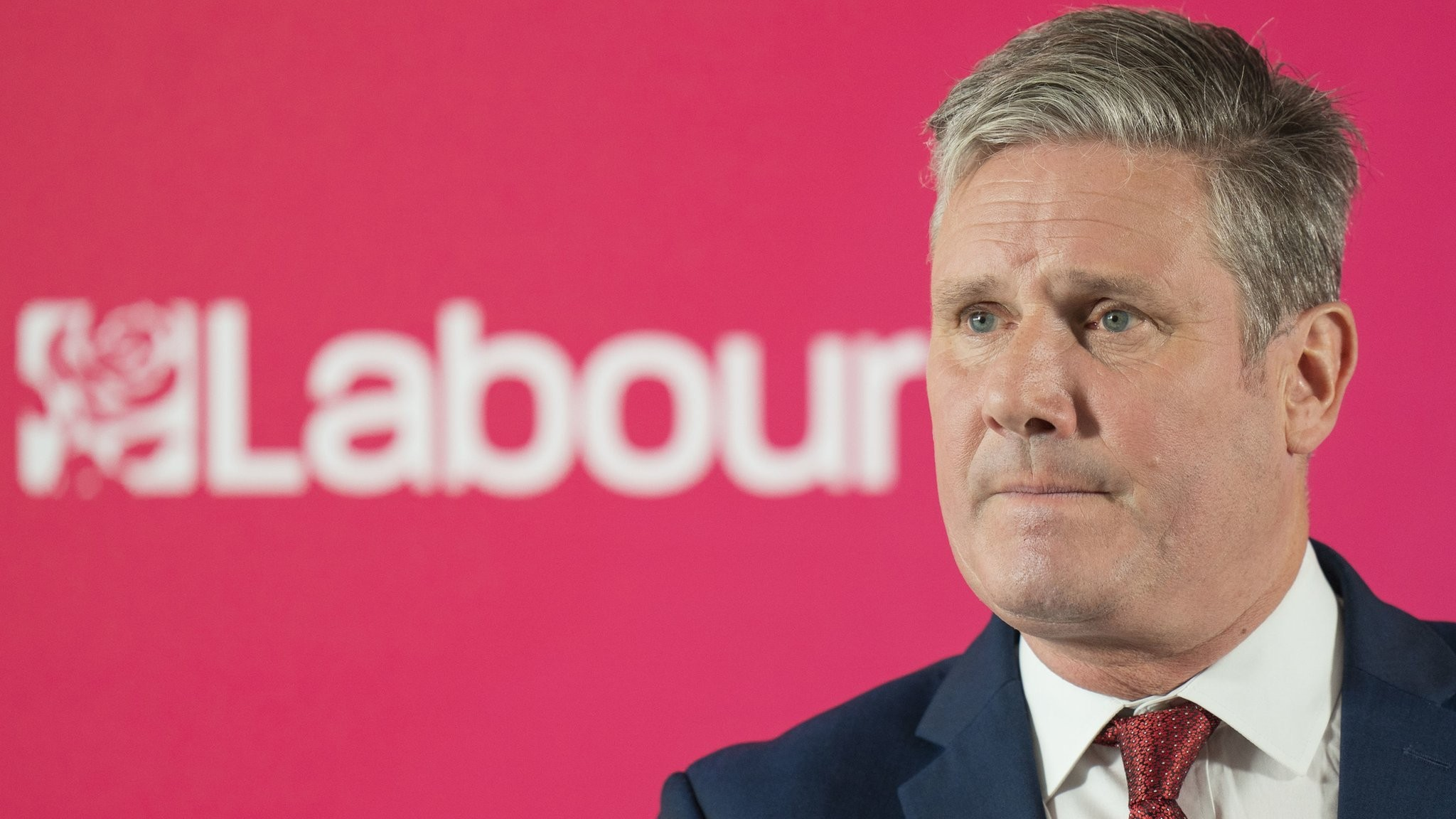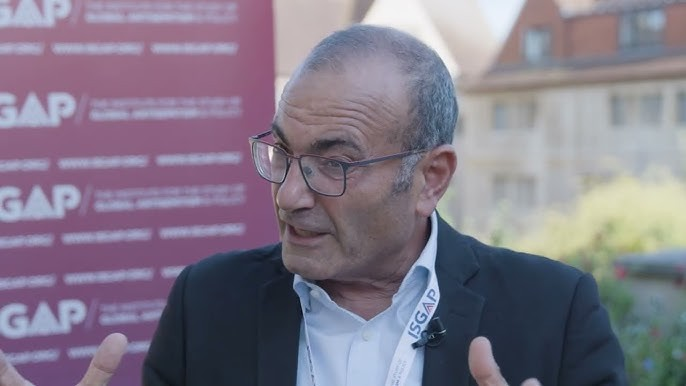Labour is on track for its worst end-of-year poll result since World War II, with Sir Keir Starmer’s party now averaging just 26.6%. This marks a dramatic fall from their 44% share in January, reflecting a 17.6% decline—the biggest recorded calendar-year drop in UK-wide polling history.
Labour’s current standing is a stark contrast to its large majority just five months ago. The party is now barely ahead of the Conservatives, holding only a 0.5% lead, a significant decline from its 19% lead earlier in the year. Analysis of nearly 1,000 polls over 75 years shows that Labour’s current position rivals only its previous lows in 2016, during Jeremy Corbyn’s tenure amid an antisemitism scandal and internal leadership struggles.
The party has experienced sharp declines before, notably in 1981 and 2009, but these past losses were followed by rebounds in subsequent years. While Labour’s future remains uncertain, history suggests a recovery is possible.
In contrast, Reform UK has seen substantial gains, more than doubling its support to 21%. However, history shows that third-party surges often fail to maintain momentum beyond two years.
Labour’s dramatic fall this year raises questions about its ability to recover ahead of the 2024 general election, with many pointing to internal challenges and leadership struggles as key factors in its decline.




